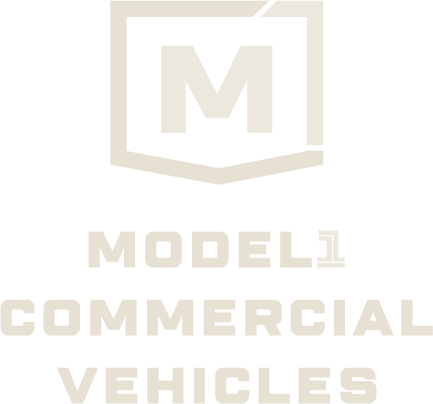Miscellaneous
Comparing Bus Fuel Types: Gas, Propane, Diesel, And Electric

When it comes to bus fuel, the most common options are gas, propane, diesel, and electric. Each fuel source brings its own advantages and disadvantages. The right fit for a company depends on its priorities, such as fuel costs or health risks.
We’ve created the following guide to bus fuel types below. If you want help picking a bus fuel type or want to shop buses for sale, contact Creative Bus Sales. We are the nation’s largest bus dealer and run multiple dealerships throughout the United States.
The Purchase Price
The exact cost will depend on the given model, but electric buses are usually the most expensive followed by propane, gas, and diesel.
Maintenance Needs And Cost
All vehicles require maintenance to remain operational, but the different fuel types affect the model’s maintenance needs and expenses.
Gas buses have low upkeep needs. They are easy to maintain and it’s easy to find a qualified technician when a problem arises. These vehicles do need a decent amount of parts replacements, however.
Electric buses also have low upkeep needs. In fact, the fuel and maintenance savings over its lifetime often offsets the high sticker price.
Propane buses have moderate upkeep needs. They require some maintenance, but it’s usually more affordable and results in less downtime than diesel buses.
Diesel buses have high upkeep needs for a few reasons:
- They usually need a massive parts replacement upheaval in their mid-life.
- They are more sensitive to cold temperatures, which can trigger higher rates of repairs.
- They require more fluids to operate, which increases maintenance and operation costs.
Fueling Needs
Every vehicle will need to be refueled at some point. The ease and cost of this process depends on the fuel source.
Electric buses offer the most affordable fuel costs, which consistently remain low. However, they do take a much longer time to refuel than the other fuel sources.
Propane buses have moderate fuel costs. They tend to cost around 50% less than diesel fuel and 30% less than gasoline fuel.
Gas buses tend to have moderate fuel costs as well. It’s also easiest to access fueling stations outside the bus yard and around the country, which is especially helpful if the vehicle travels
longer distances. However, gas prices tend to fluctuate the most, which can make budgeting more challenging.
Diesel buses are usually the most expensive to fuel. But the fuel costs are usually the most stable, which makes budgeting easier. Diesel engines are also typically more fuel efficient than gas or propane engines.
Environmental And Health Impact
It’s no big surprise that electric buses are the best for the environment. They have zero-tailpipe emissions and low life cycle global warming emissions.
Gas, propane, and diesel buses all generate emissions that harm the environment. Diesel buses have much higher emissions than propane vehicles. It’s also important to note that diesel fume exposure can cause negative health effects, which can be especially damaging for more vulnerable populations (such as young children and the elderly).
Ready to shop buses for sale? Check out the selection of gas, propane, diesel, and electric buses at Creative Bus Sales. We carry a range of models and can also handle customizations. Reach out today or visit one of our many dealerships across the United States.

